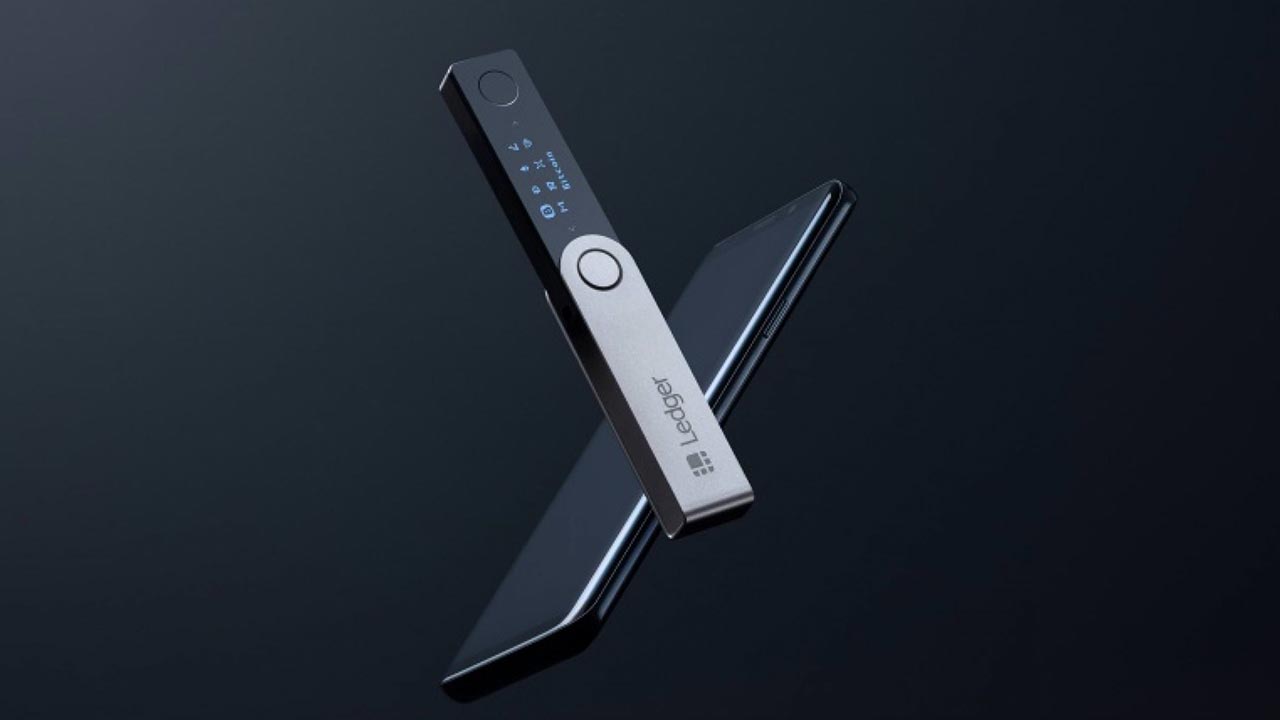Hot and cold storage wallets are methods of storing cryptocurrency. Hot wallets are digital wallets that are connected to the internet, while cold wallets are offline wallets that store the user’s private and public keys on a physical device or paper. Hot wallet offer convenience, faster transactions, and higher security levels when used correctly, but they can also be subject to malicious attacks and theft due to their digital nature. Cold wallet offer higher security levels and less vulnerability to malicious attacks and theft due to their offline storage, however they can be inconvenient due to the manual setup process required and lack of access in some cases if hardware is not available or broken.
Hot Wallet
A hot wallet is a digital wallet that stores users’ cryptocurrency and other digital assets on an internet connected device. This type of wallet provides users with easy and quick access to their funds, as they can be accessed from virtually any device with an internet connection. Unlike cold wallets, hot wallets are not stored offline and instead remain connected to the internet. As such, they are vulnerable to malicious attacks and hacking attempts.
Pros of Hot Crypto Wallets
- Convenience – Hot wallets are more convenient to use because they are connected to the internet, making transactions and transfers faster than cold crypto wallets
- Higher security levels (when used correctly) – Hot storage wallets can provide a high level of security if users take the necessary precautions such as using two-factor authentication, strong passwords, and keeping their device updated with the latest security patches
- Faster transactions– Transactions completed on hot crypto wallets are relatively fast due to the connection to the internet. This makes them ideal for day-to-day spending or trading purposes
Cons of Hot Crypto Wallets
- Potential for malicious attacks and theft – Hot wallets are vulnerable to malicious attacks and theft due to their digital nature. Hackers can exploit vulnerabilities in the wallet’s code or find ways to gain access to users’ private information
- Less secure due to digital nature – Hot crypto wallets are less secure than cold cryptocurrency wallets because they are not stored offline, meaning they can be more easily compromised
- Lack of control over funds– Those using hot wallets crypto lack full control over their funds as money is exchanged through a third-party system
Cold Wallet
A cold wallet is a digital wallet that stores users’ cryptocurrency and other digital assets offline. This type of wallet is designed to provide users with an extra layer of security, as their funds cannot be accessed by anyone with an internet connection. Cold storage wallets typically consist of a hardware device such as a USB drive or hard drive and/or a software program for storing the private keys associated with the wallet. These wallets are not connected to any internet-connected devices, making them more secure than hot wallets.
Pros of Cold Crypto Wallets
- Higher security levels – Cold wallets offer a higher level of security as the funds are stored offline and not exposed to the internet. This makes them less vulnerable to malicious attacks and theft, making them a more secure form of storage
- Reduced risk of transaction errors – Cold crypto wallets reduce the risk of transaction errors due to their manual nature. As transactions are completed manually, users have better control over their funds and can avoid potential mistakes caused by automated processes
- Better privacy protection – Cold storage wallets provide better privacy protection as users’ funds and information are not exposed to third-party systems or networks
Cons of Cold Crypto Wallets
- Inconvenience due to manual setup process – Setting up cold wallets can be quite a lengthy and complex process, as users must download and save the necessary information in a secure location. Additionally, users must also back-up their wallet’s private keys in order to ensure their funds are safe from any potential risks
- Lack of access in some cases – In some cases, users may not have access to their funds due to hardware failure or if the device is lost or stolen. As these wallets are stored offline, they cannot be accessed unless the user has access to the physical device
- High costs associated with purchasing hardware – Cold wallets require the purchase of a hardware device which can come at quite a significant cost. This makes them more expensive than hot crypto wallets which only require an internet connection and software downloads
Conclusion
Hot and cold storage wallets differ in terms of security, convenience, and accessibility. Hot wallets are more accessible but less secure than cold wallets. Cold wallets are not connected to the internet, making them more secure than hot wallets, but they are also less convenient and require additional steps when transferring funds. When deciding which type of wallet is best suited for your needs, consider how often you wish to access or transfer funds and how important security is to you.

